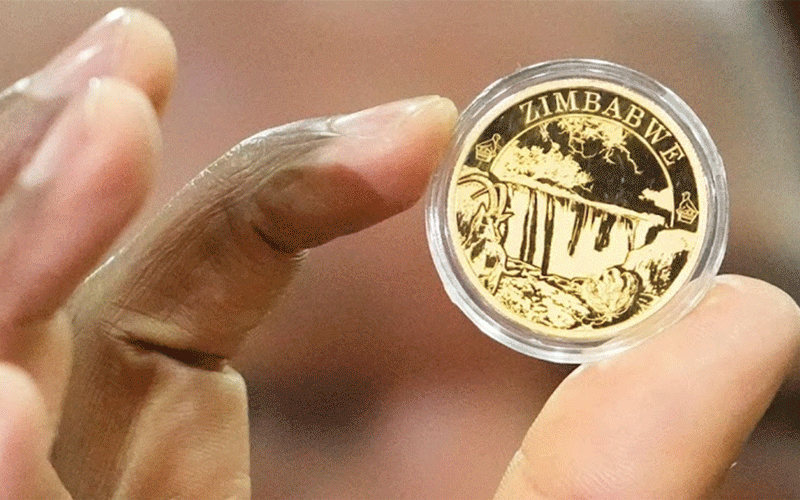
THE introduction of the Zimbabwe gold-backed digital token (ZiG) is likely to cause more headaches for the accounting and auditing professionals over its uncertainty as to whether it is a currency, an expert has warned.
Both Treasury and central bank officials have attempted to assure the market that ZiG is not a currency, but rather a store of value.
Yet, ZiG is intended for use in domestic transactions and was revealed to be money that would only be transacted electronically.
Kreston Zimbabwe Audit and Advisory Services head Tinashe Murerekwa said it was not clear whether ZiG was a currency or an investment instrument.
“When you look at the ZiG, we ask ourselves if it is an investment instrument or if it is a currency. What is happening here? But, when you look at the volumes of it, you see that these are just government open market operations where government is trying to mop up liquidity and make people stop speculating of currencies,” he said, at the just ended Zimbabwe Association of Pension Funds Principal officers and Chairpersons convention.
“But, what has happened is that the actual currencies are going to change because of that. There has been a lot of dollarisation that has been happening. You start asking if ZiG is becoming the dominant currency? If it becomes the dominant currency, how then do we start reporting? Do we start restating (accounts) from last year? What sort of measures are we going to be using in order to restate last year using the ZiG currency?”
Murerekwa said there were issues with the ZiG currency itself that even the accountancy and auditors were fretting in terms of validating the digital currency.
The ZiG conundrum, according to Murerekwa, adds to other reporting challenges the profession is already facing in relation to currency inconsistencies.
- ZiG to cause accounting, auditing headache
- ‘IFRS 17 redefines insurance sector accounting’
- Entities can present two financial statements: Murerekwa
Keep Reading
“We have been doing hyperinflationary reporting accounting and we have been using CPIs [consumer price index]. Ever since our currency change the in 2019, these indices have been changed at least three times in the way they were constituted or measured. So, obviously, that affects inconsistency in the way financial reports are measured or prepared,” Murerekwa added.
“After people started arguing about inflation, where they queried if inflation rates were correct, they argued to the extent that you would wonder if they started rejecting the published numbers using the CPIs. But, before that could happen, they (government) stopped publishing the CPIs and introduced the blended rate for inflation.”
Speaking to journalists at a recent International Monetary Fund and World Bank annual meetings, Finance, Economic Development & Investment Promotion minister Mthuli Ncube said national inflation statistics could be trusted.
“As you know in Zimbabwe, we use both the US dollar and Zimbabwe dollar. Some researchers choose to either report only in US dollars and other researchers choose to report Zimbabwe dollar inflation and will make projections on that, that’s fine. But, in the country, we report on a weighted average inflation basis because easily 80% of the transactions are in US dollars,” Ncube said.
“So, in the shops, citizens are confronted with the US dollar inflation and that has to be included in the way we measure inflation. In the figure that we published [annual inflation for September], it was about 18% in terms of the weighted annual inflation and month on month inflation of about 1% so we have significant drop on inflation.”
He said the Zimbabwe National Statistics Agency had done a sterling job in complying with global standards on whatever data or statistics they were reporting.
“So, they are very credible and comply to the highest standard in terms of reporting statistics,” Ncube said.






